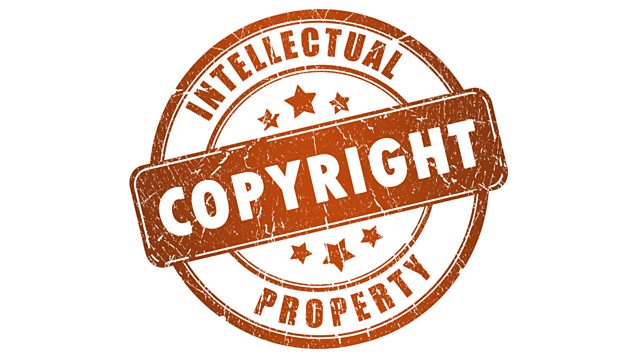Intellectual Property
Intellectual property reflects an economic trade off. Too generous then good ideas will take too long to copy, adapt and spread; but too stingy and we might not see any good ideas
When the great novelist Charles Dickens arrived in America in 1842, he was hoping to put an end to pirated copies of his work in the US. They circulated there with impunity because the United States granted no copyright protection to non-citizens. Patents and copyright grant a monopoly, and monopolies are bad news. Dickens’s British publishers will have charged as much as they could get away with for copies of Bleak House; cash-strapped literature lovers simply had to go without. But these potential fat profits encourage new ideas. It took Dickens a long time to write Bleak House. If other British publishers could have ripped it off like the Americans, perhaps he wouldn’t have bothered. As Tim Harford explains, intellectual property reflects an economic trade-off – a balancing act. If it’s too generous to the creators then good ideas will take too long to copy, adapt and spread. But if it’s too stingy then maybe we won’t see the good ideas at all.
Producer: Ben Crighton
Editors: Richard Knight and Richard Vadon
(Image: Copyright stamp, Credit: Arcady/Shutterstock)
Last on
Sources and related links
��
Ronald V. Bettig - Copyrighting Culture: The Political Economy of Intellectual Property (Oxford: Westview Press) 1996 p13��
Christopher May - “The Venetian Moment: New Technologies, Legal Innovation and the Institutional Origins of Intellectual Property” Prometheus 20:2 159-179 (2002��
��
��
Dickens made £38,000. In inflation-adjusted terms that’s more than £3,000,000 in today’s money, and relative to the cost of labour it is nearly £25,000,000
Broadcasts
- Sat 13 May 2017 02:50GMT�鶹Լ�� World Service except Online, Australasia, News Internet & UK DAB/Freeview
- Sat 13 May 2017 19:50GMT�鶹Լ�� World Service except East and Southern Africa, News Internet & West and Central Africa
- Mon 15 May 2017 03:50GMT�鶹Լ�� World Service Online & UK DAB/Freeview only
Podcast
-
![]()
50 Things That Made the Modern Economy
The stories of inventions, ideas and innovations which helped create the economic world


